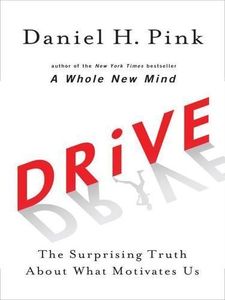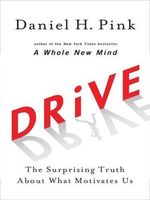Jun 16, 2022
- Edition
- ISBN 9781594488849
Reviews
Stef Hite@stefhite
Nenad Nikolic@nnikolic72
Nast@nast
Maxwel Quintão@itsmaxwel
Arturo Hernández@artthh
Nelson Zagalo@nzagalo
Raúl Barroso Moreno@raulb
Kuba Milcarz@kubamilcarz
Dana Kraft@dkatx
Eloise@elcrivain
Sonja H@sonjah
Rachel Kwon@kwon
Amanda Kordeliski@akordeliski
ANDREW BRYK@andrewbryk
Maria@mersibaq
Lance Willett@lancewillett
Christian Beck@cmbeck
Luca Conti@lucaconti
Adam@adam
Thu Le@tple
Daniel Ruppenicker@druppenicker
Stephanie Souvannavong@stephsouv
Erik Horton@erikhorton
Eren Tekin@erentekin
Highlights
Huseyin Polat Yuruk@hpy
Page 131
Lau@lalastrike



